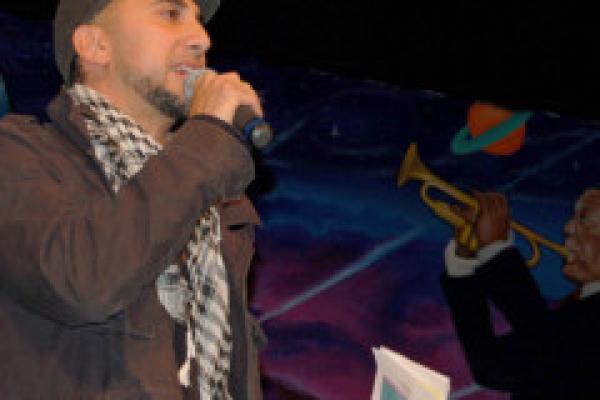CHICAGO — Religious affiliation may be on the wane in America, a recent Pew study asserts, but you wouldn’t know it walking into the storefront near the corner of West 63rd Street and South Fairfield Avenue.
Inside a former bank in a neighborhood afflicted with gang violence, failed businesses and empty lots, a team of volunteers drawn by their religious faith is working to make life better for Chicago’s poorest residents.
The free medical clinic has expanded its hours; 20-something college graduates are clamoring to get into its internship program; rap stars swing by its alcohol-free poetry slams; and the budget has increased tenfold in the past decade.
The storefront belongs to Chicago’s Inner-City Muslim Action Network (IMAN) and it is part of a wave of new Muslim institutions emerging at an unprecedented pace. More than a quarter of the nation’s 2,106 mosques were founded in the last decade, according to a recent University of Kentucky study, and new social service organizations, many of them run by 20- and 30-something American-born Muslims, are thriving as never before.
Read the Full Article

